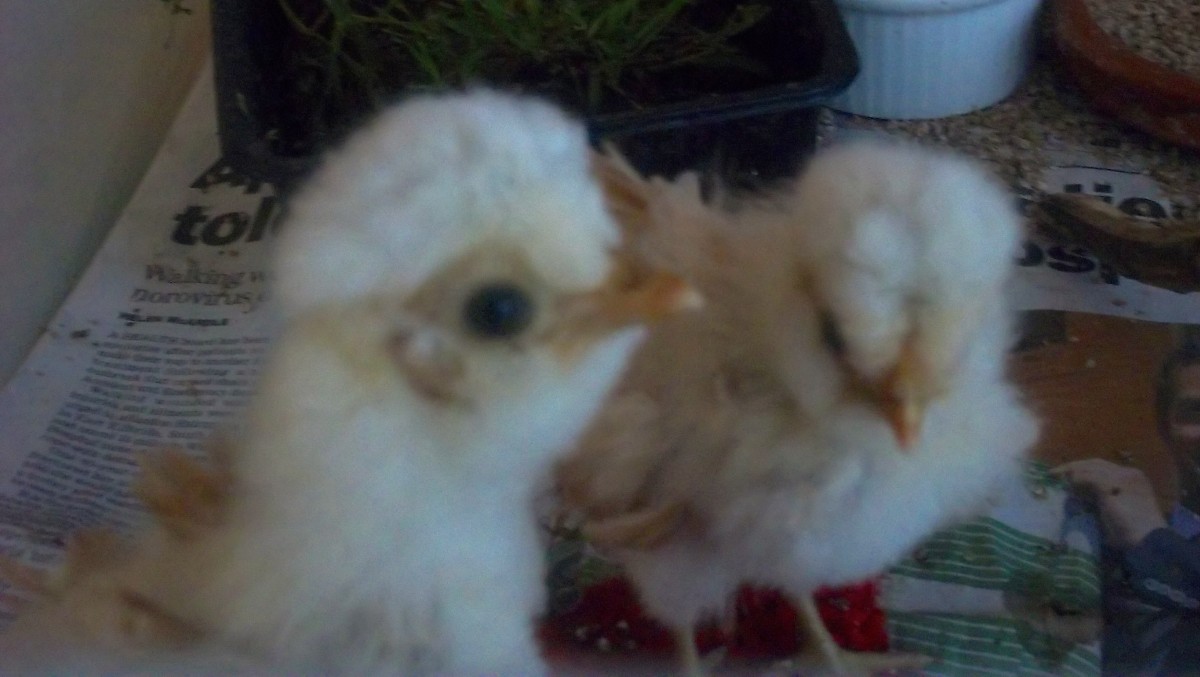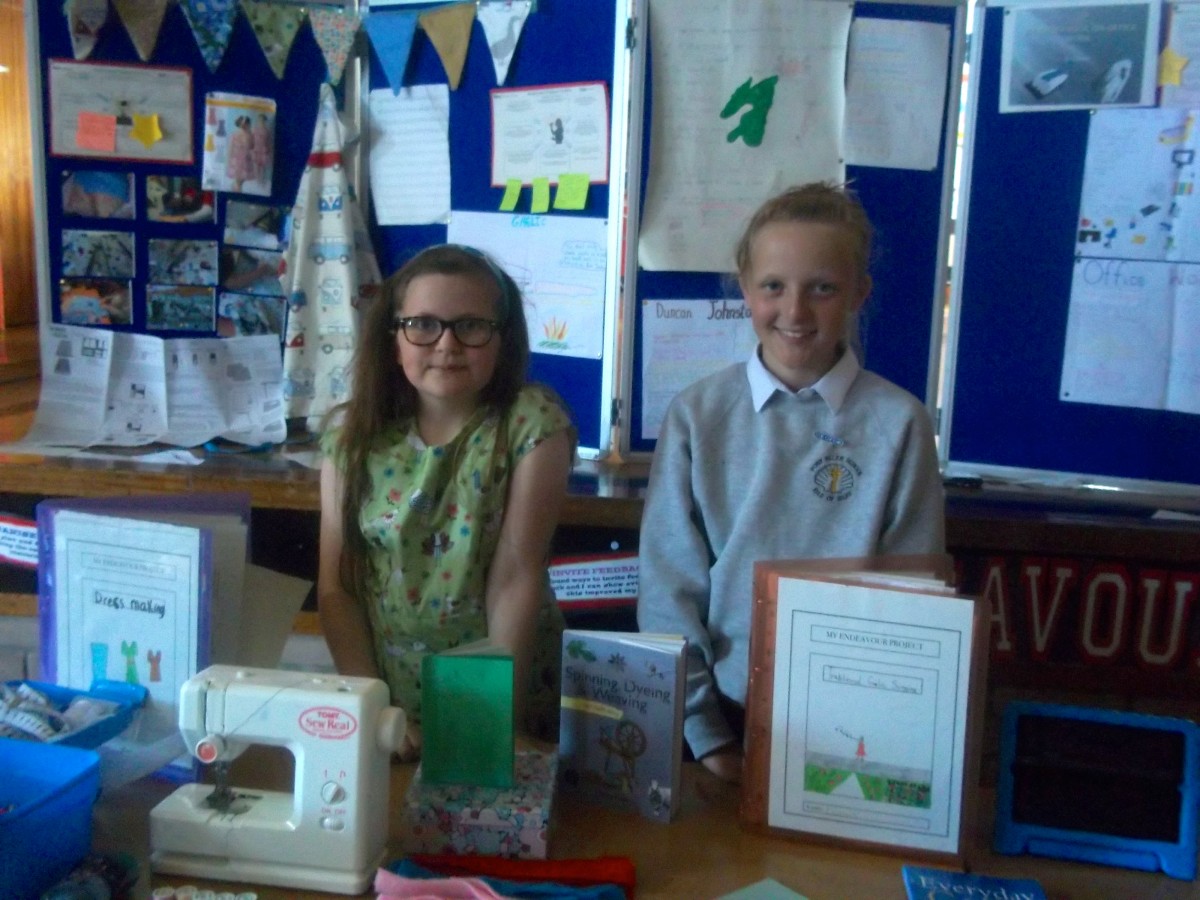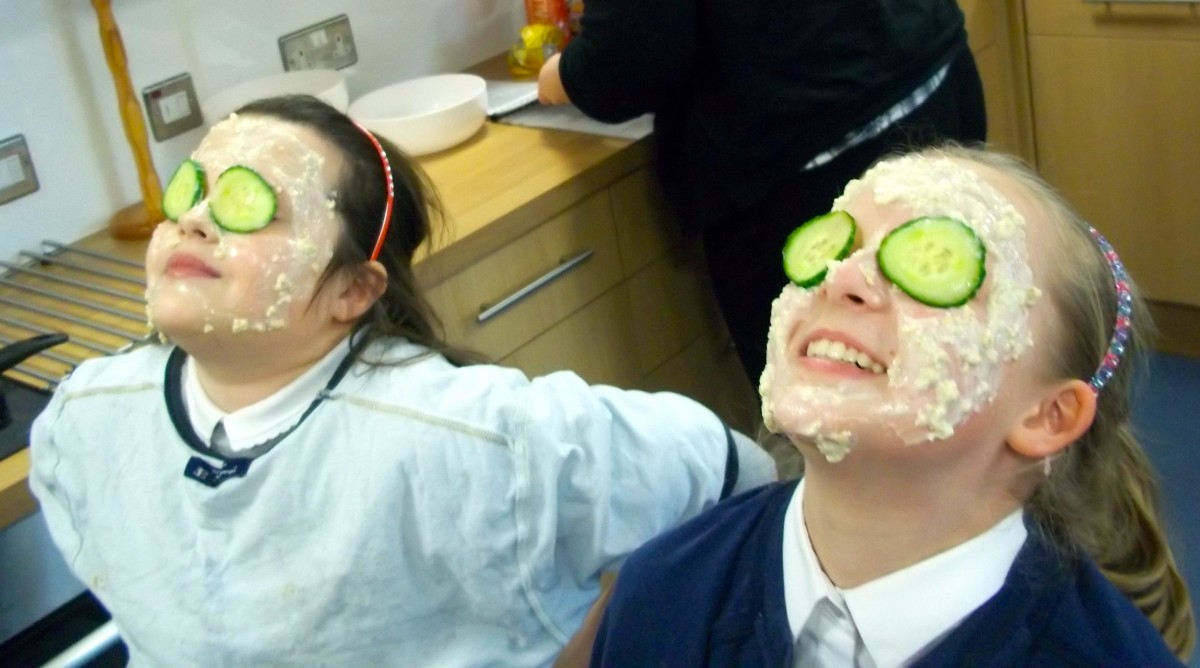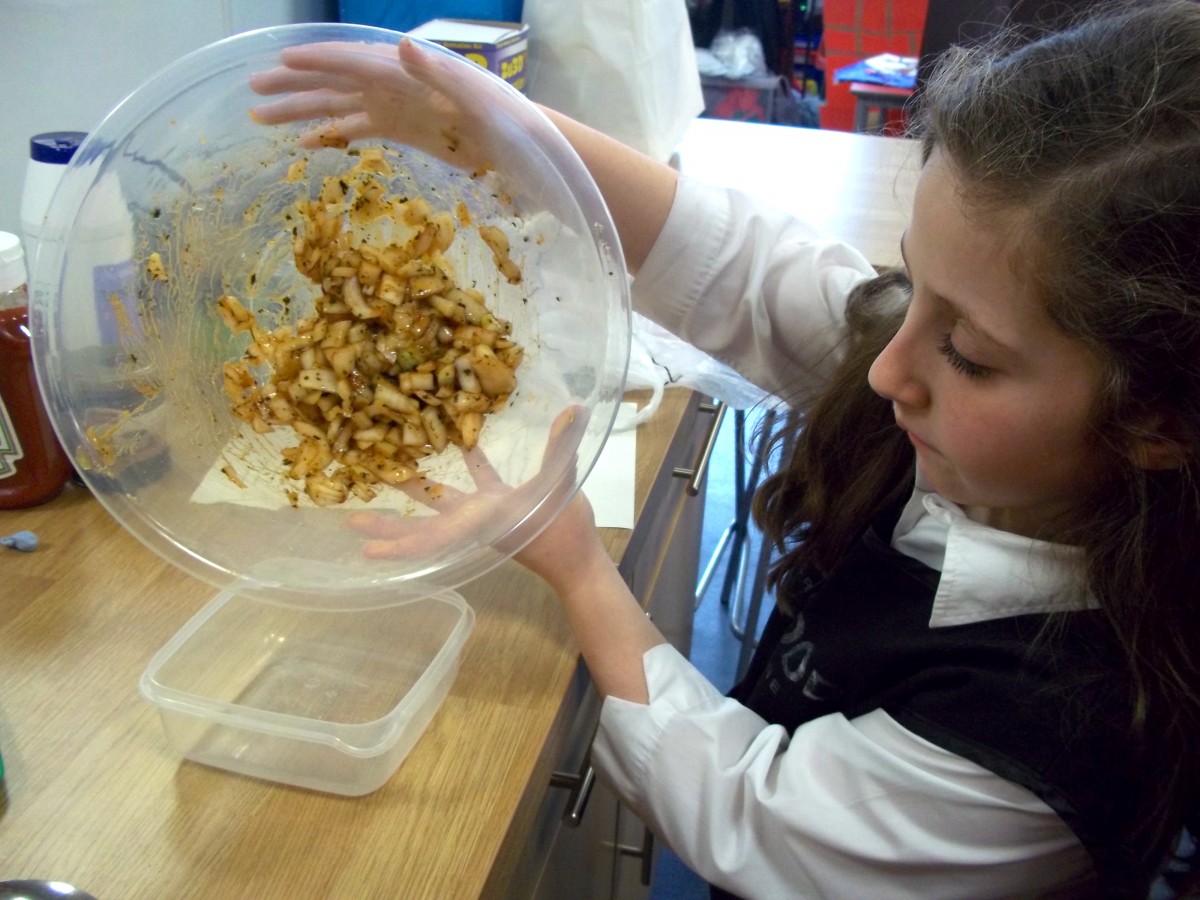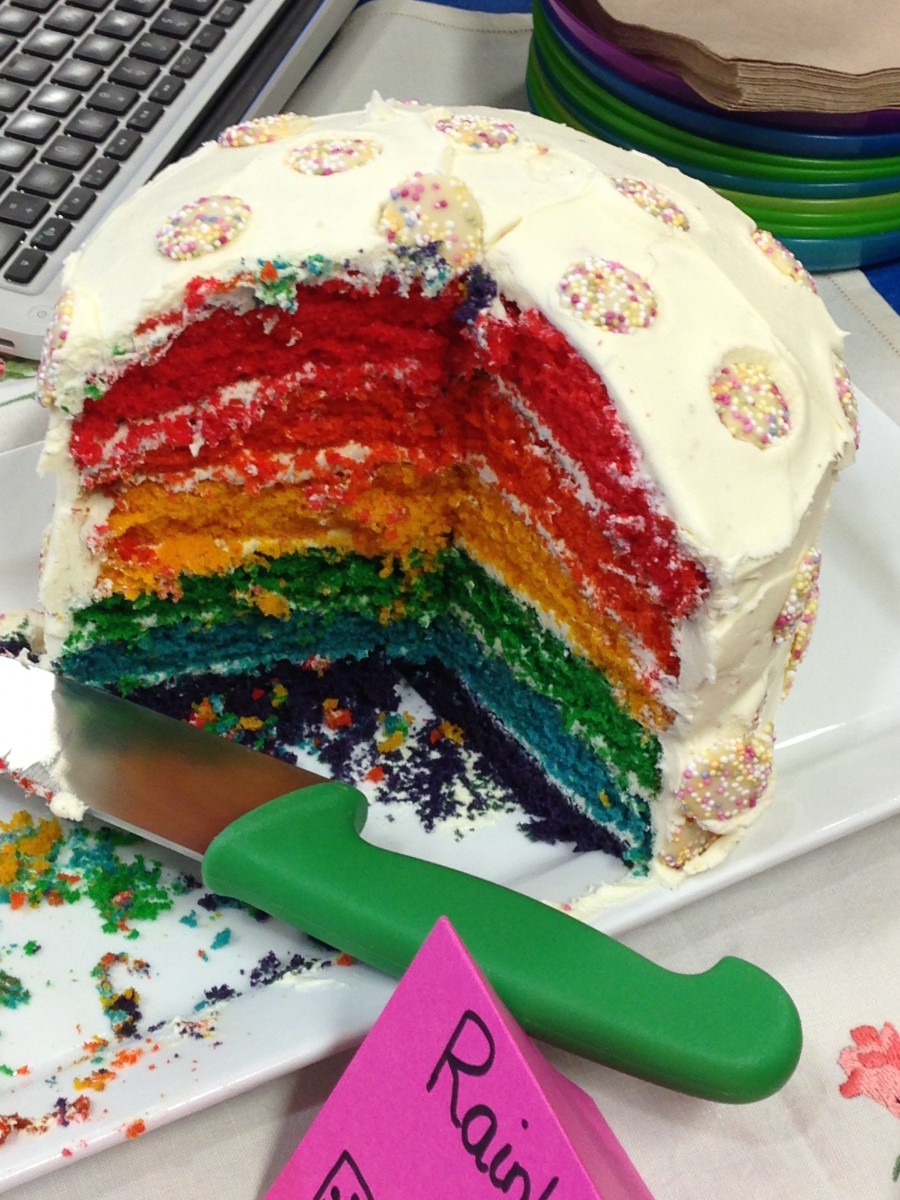 The Euroquiz is a quiz about Europe. There are four rounds, Geography, Languages, History and sports. The group of four became a pair because two people were absent on the day which didn’t help our chances. We had one back-up who had been practicing hard with the others but they still needed another person so Kaitlyn volunteered to do it.
The Euroquiz is a quiz about Europe. There are four rounds, Geography, Languages, History and sports. The group of four became a pair because two people were absent on the day which didn’t help our chances. We had one back-up who had been practicing hard with the others but they still needed another person so Kaitlyn volunteered to do it.
The first round was Geography of Europe. Some questions were about flags, landmarks and capital cities. To do this round they had to watch a powerpoint on the big board then they had to write the answer on an answer sheet.
The second round was languages. In the languages round they listened to Spanish, Italian and French. To do this round the teacher would ask a question then they would listen to it in Spanish, then Italian and finally French after that they would translate what the people said in the languages, then they would listen to it again to make sure they got the right answer, finally they would write their answer down on the answer sheet and hand it in to the teacher.
The third round was history. For the history round it asked questions about the History of Europe and some questions were about dates some countries joined the EU and what countries were the first to join the EU.
The last round was about sports. It had questions about sport and where some sports clubs are. To do the round it was the same as the first and the third round just with sports questions instead of geography and history.
The four pupils from Port Ellen Primary School who competed in the Argyll And Bute Euroquiz came 5th out of 5 schools-last! But everyone enjoyed themselves and had good fun.
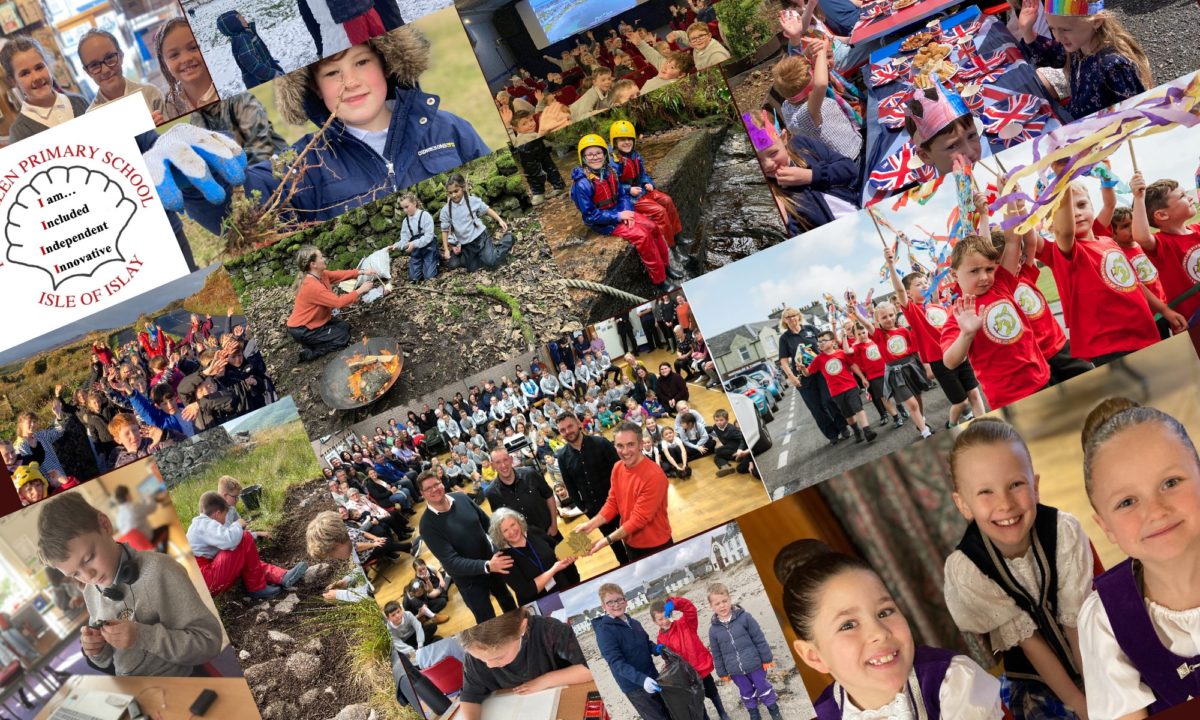





 In P567 we have been doing geology this term, finding out about Islay’s interesting rocks and how they are formed. Parents got to make rocks out of food, saw a cake model of the earths crust, our map of Islay’s geology and identified different types of rock by testing them. They asked lots of interesting questions!
In P567 we have been doing geology this term, finding out about Islay’s interesting rocks and how they are formed. Parents got to make rocks out of food, saw a cake model of the earths crust, our map of Islay’s geology and identified different types of rock by testing them. They asked lots of interesting questions! Today we were finding out about the science behind teeth with Mrs Birmingham. We found out that a low ph means acid and can encourage bacteria to attack your teeth. We also found out about how bad sugar is and how much can be found in some foods.
Today we were finding out about the science behind teeth with Mrs Birmingham. We found out that a low ph means acid and can encourage bacteria to attack your teeth. We also found out about how bad sugar is and how much can be found in some foods.